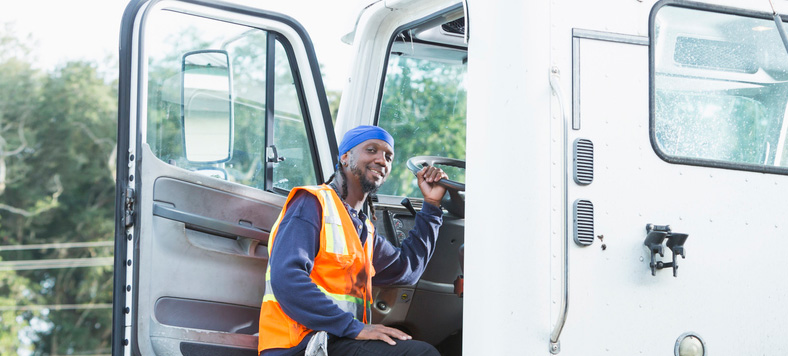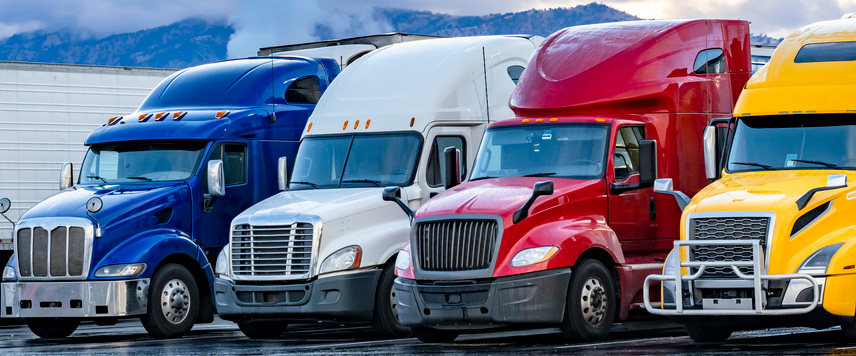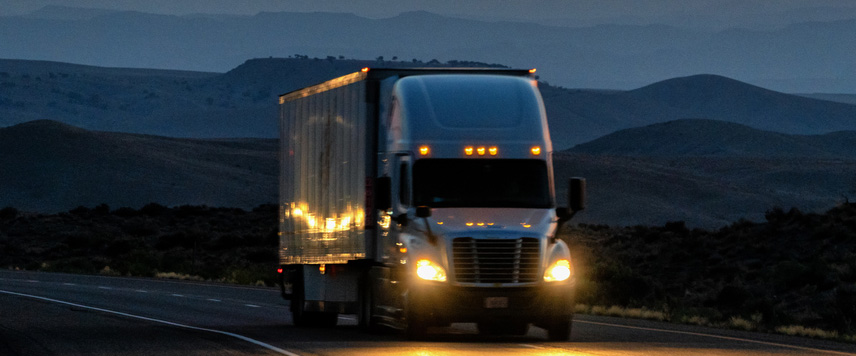Women in Trucking states that there has been an 88% increase in the number of women serving as professional CDL drivers since 2010, but women still only make up 10% of CDL drivers in the US. Outside trucking, women make up roughly 51% of the workforce, so needless to say, there is room to grow.
There are several concerns expressed by women related to becoming CDL drivers which have proven to directly correlate to the difficulty in recruiting this demographic. Understanding these objections can help companies develop programs to alleviate issues and help recruiters combat these objections to increase hiring.
Objections to the Profession
Stereotypes:
Like the old song by James Brown, when you think of trucking, you think, "it's a man's world." There is a common misconception that this is a job requiring the physical abilities that many people, both male and female, believe that only men bring to the table. This is compounded by sexism in most workplaces. While this career is growing more inclusive each year, many strides must be made to change the perspective of a male-centered environment; for instance, just 4% of trucking companies use women in their recruitment marketing ads.
According to FleetOwner, 83% of women come to trucking after being introduced to it through a family member or friend. Most of these women, however, are not recommending the career to other women. A lack of respect and equal treatment by the company and other male drivers on the road leads to the impression that the industry is not changing and will not become more welcoming to women.
Home Time:
Home time is a concern for all drivers. No one wants to miss out on time spent with their families and friends. For women, though, this can be a double-edged sword; not only do they not want to miss time with their families, but, for women, there is still the social pressure and expectation to be the main caregiver for children and the keepers of the home. This societal pressure, while easing, does place a level of anxiety on women who may be considering a career in trucking.
Safety Concerns:
Is safety a concern for female drivers? According to the 2022 Women in Trucking Female Driver Safety and Harassment Study, while 54% of female drivers feel the profession is safe for women, 18% think it is unsafe.
One in five women will be sexually assaulted in their lifetimes. Surprisingly, only 27% of those that are sexually assaulted report their attacks to the police. Of those who reported their attacks, 12% were attacked at work, and 46% of female drivers surveyed by Women in Trucking say that they have had to fend off unwanted sexual advances.
While a slight majority of women in trucking believe that it is a safe profession, they’re areas of concern for nearly all surveyed. 87% expressed concern that truck stops were not safe for female drivers. 85.5% stated that rest areas are also unsafe for female drivers. Notably, 75% say that the cab of their vehicle is a location with significant safety threats.
Western Kentucky University made a compelling comparison between female truck drivers' characteristics and women who have been the victims of sexual assault to determine the risk levels for women in trucking. This comparison showed that there is a high level of risk factors for women in trucking.
There is currently a study ongoing with the Federal Motor Carrier Safety Administration to understand the prevalence and seriousness of harassment and assault on women and minority drivers. This study will detail how often these issues occur, where they happen most often and if they are reported to the police, and if not, why. We look forward to the completion of this study and will update you once their results become public. There is not an announced date for its completion currently.
Hygiene Concerns
If you are a woman researching a career in trucking, and you read that you should keep a bucket with kitty litter in your truck so that you can perform basic bodily functions, does that encourage you to want to join this profession?
OTR drivers can find it difficult to maintain their hygiene. Bathrooms and showers can be hard to find and take hours of waiting in line. While hygiene is difficult for both men and women, the basic difference in female anatomy can make even simple restroom breaks challenging, especially during their period.
Health Concerns
Numerous health issues can plague drivers, men, and women, that stem from a sedentary lifestyle. For more information on a range of health concerns, please see Trucking Industry Recruitment: Driver Health and Wellness.
Conclusion
Understanding what concerns and objections women may have about a career in trucking is an important first step toward engaging more women in this rewarding career. Our next article in this series will examine nationwide and carrier-level programs to alleviate these issues and attract more female drivers.
Are you not meeting your recruitment goals? Join LzRecruit Network! Lower your Cost Per Lead and Time to Hire today. We offer 100% direct leads. For more information on the LzRecruit Network, contact us at 800-755-0623.
_____________________________________________________________________________
Debra_lz
Debra Watkins covers recruitment and digital marketing for Lionzone. A Nashville native, after graduating from the University of Kentucky, Debra utilized her research and writing skills in the museum and heritage tourism fields, rising to director of two institutions, before returning to Nashville in 2020 to join Lionzone.
Resources:
https://www.womenintrucking.org/blog/what-have-we-done-to-increase-the-presence-of-women-in-trucking
https://www.womenintrucking.org/blog/how-safe-do-female-drivers-feel-on-the-road
file:///D:/LZ%20Debra/Downloads/EVAWI%20Poster-Final_stamped.pdf
https://digitalcommons.wku.edu/nurs_fac_pub/78/
https://www.fmcsa.dot.gov/safety/research-and-analysis/crime-prevention-truckers
https://www.ttnews.com/articles/female-drivers-express-concerns-about-sharing-cab-men




